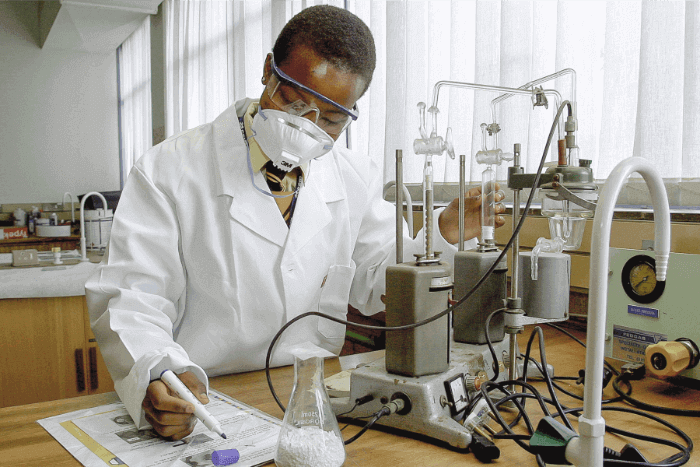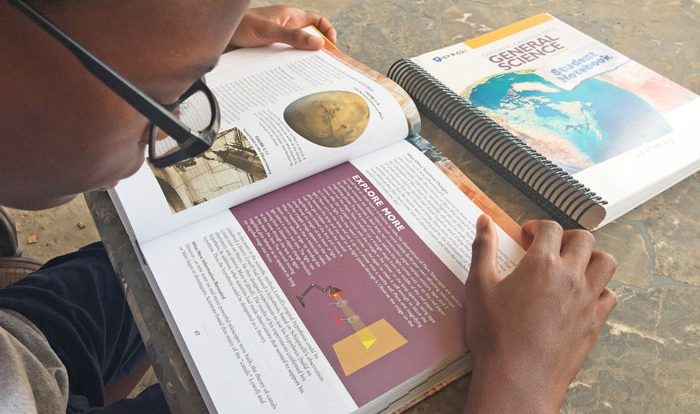Delving into the realm of estudias ciencias en la universidad, this comprehensive exploration unveils the significance of pursuing scientific studies in higher education. By examining the diverse branches of science and their practical applications, we embark on a journey that illuminates the transformative impact of scientific knowledge on our world.
Throughout this discourse, we shall delve into the multifaceted benefits of studying science in university, ranging from the career opportunities it opens up to the critical thinking and problem-solving skills it cultivates. We shall also explore the challenges inherent in scientific studies, such as the demanding workload and the need for strong mathematical and analytical abilities.
Introduction: Estudias Ciencias En La Universidad

Studying science in university is a transformative experience that opens doors to a world of knowledge and career opportunities. Science encompasses a vast array of disciplines, from physics and chemistry to biology and computer science, each with its unique applications in various fields.
Benefits of Studying Science in University
Pursuing a science degree offers numerous benefits, including:
- Career opportunities:Science graduates are highly sought after in various industries, such as healthcare, technology, and research.
- Critical thinking and problem-solving skills:Science studies cultivate critical thinking, analytical reasoning, and problem-solving abilities, essential for success in any field.
Challenges of Studying Science in University
While rewarding, studying science in university also presents certain challenges:
- Demanding workload:Science programs typically involve a rigorous workload, with extensive coursework, lab experiments, and research projects.
- Strong math and analytical skills:Success in science requires a strong foundation in mathematics and analytical thinking.
Resources and Support for Science Students, Estudias ciencias en la universidad
Universities provide various resources to support science students, including:
- Libraries and labs:Access to extensive libraries and well-equipped labs for research and experimentation.
- Tutoring services:Dedicated tutoring services to assist students with challenging concepts.
- Study groups and professors:Encouraging participation in study groups and building connections with professors for guidance and support.
Science Research Opportunities
Undergraduates can participate in research projects, which offer:
- Hands-on experience:Practical experience in research methodologies and data analysis.
- Career preparation:Valuable skills and knowledge for future careers in research or academia.
- Different types of research:Opportunities to engage in diverse research areas, from experimental to theoretical projects.
Career Paths for Science Graduates
Science graduates pursue diverse career paths, such as:
- Research scientist:Conducting scientific research in academia or industry.
- Healthcare professional:Doctors, nurses, and pharmacists with a strong foundation in science.
- Technologist:Developing and implementing technological solutions in various fields.
Science graduates have a promising job outlook and earning potential due to their specialized knowledge and skills.
Q&A
What are the career opportunities available to science graduates?
Science graduates possess a wide range of career opportunities in fields such as research, academia, healthcare, industry, and government. They can pursue roles as scientists, engineers, doctors, educators, environmentalists, and more.
How does studying science develop critical thinking and problem-solving skills?
Science education emphasizes the scientific method, which involves formulating hypotheses, conducting experiments, analyzing data, and drawing conclusions. This process fosters critical thinking, logical reasoning, and the ability to solve complex problems.
What resources and support are available to science students in university?
Universities provide a range of resources to support science students, including libraries, laboratories, tutoring services, and study groups. Students can also connect with professors for guidance and mentorship.


